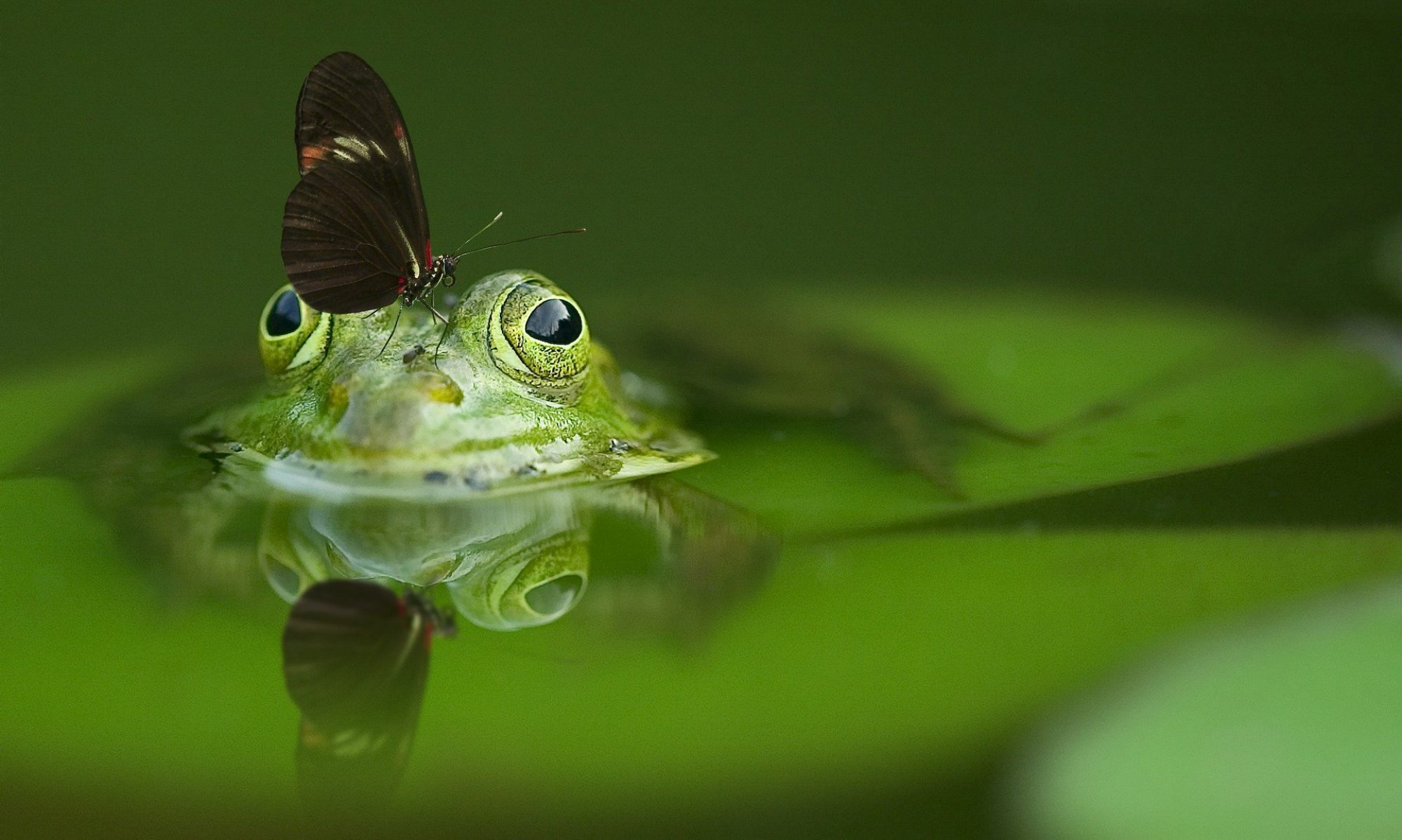Of all the forms of poetry, the bizarre “double dactyl” has produced some of the most wonderfully bonkers poems. And for that, I love it.
Here are a couple of my double dactylic efforts. If you would like a go (and who wouldn’t?) the rather odd rules are provided below. I’ve also added some links so you can read some more examples.
Queen of the Dancefloor
Ooyakah Booyakah!
Dear Queen Elizabeth’s
ninety third birthday
turned into a rave.
She did the running man
extraordinarily,
crafting a move from her
famed royal wave.
It’s been a blast
Agedly sagedly
David F Attenborough
said we were doomed
with a very sad face.
We dragged our knuckles round
uncomprehendingly,
wrapped him in plastic
and launched him to space.
And Here Be The Rules

- A double dactyl has 8 lines divided into two stanzas.
- Each line should consist of two dactyls. A dactyl is a rhythmical foot with a stressed syllable followed by two unstressed syllables like this: “YOM-pa-pa”
- Lines 4 and 8 are the exception to this, rounding off each stanza with a “YOM-pa-pa YOM.”
- Line 1 should consist of a pair of slightly nonsensical rhyming words. These can be relevant to the theme, or not. They might simply be there as a little oral warm-up. Flonkington plonkington.
- Line 2 should consist of a single name. Now, some people’s names are simply MADE for double dactyls, (Gillian Anderson, Christopher Ecclestone, Edward Jehazaphat*) but many are not. A middle initial (“David F Attenborough) or slightly illegal adjective, (“Dear Queen Elizabeth”) can help, but some names, alas, are just beyond the reach of the double dactyl.
- Line 6 should ideally consist of a single, six-syllable word. Quite a lot of double dactyl writers gently ignore this rule however. Why? Because it’s REALLY awkward.
And there you go. Simple. Right?!?
If you’re loving the double dactyl, by the way (and what’s not to love), Snakeskin Poetry recently did a rather marvellous DD special feature, which you can find here.
And if you’d like to find out more about the origins of the form (ie who on earth thought this was all a good idea and why), take a look here. There are some more examples to enjoy too.
And finally, if you’d like some lovely, or fun, or slightly odd poetry to pop up on your newsfeed now and again, all you have to do is follow me at www.facebook.com/parmenterpoetry
